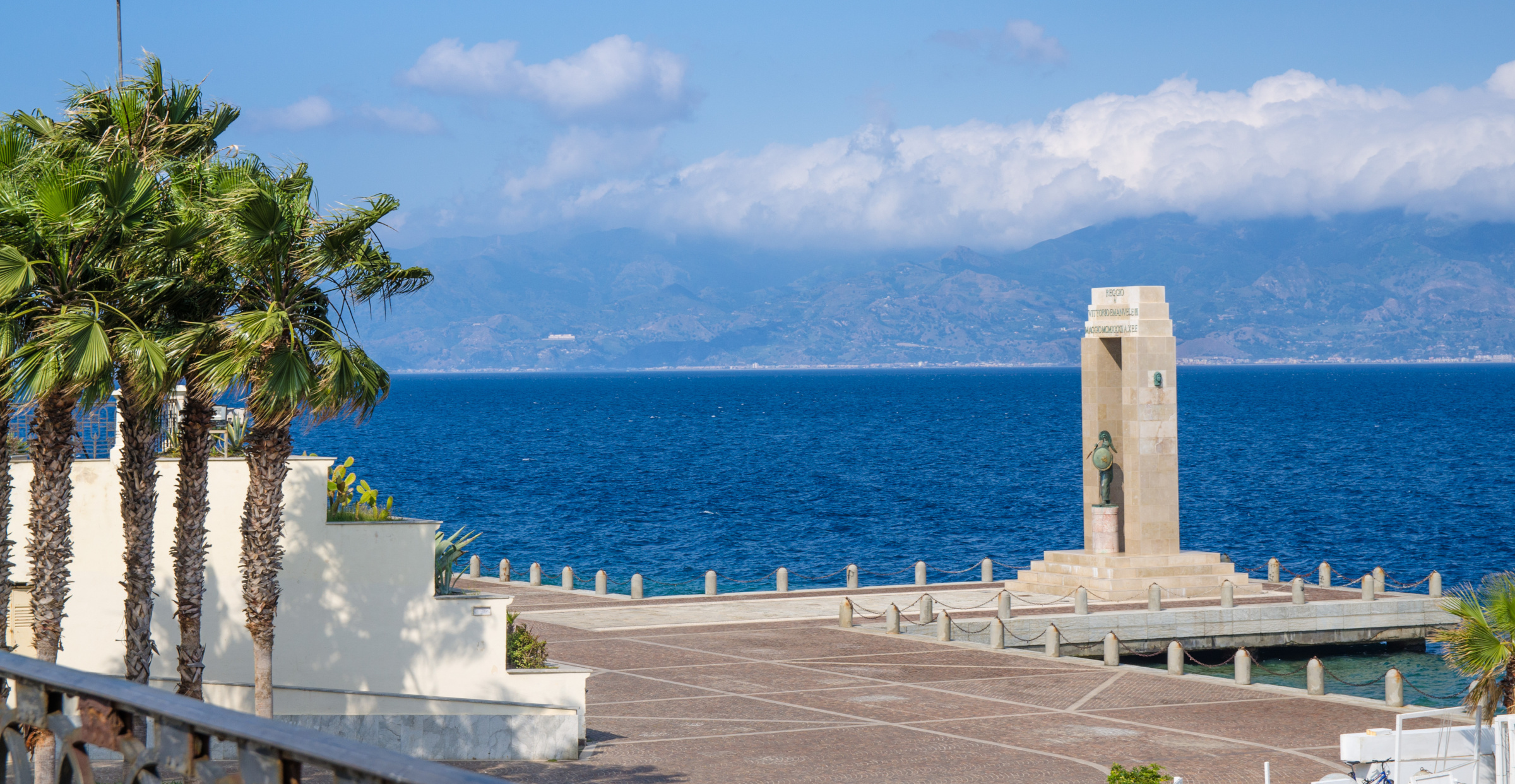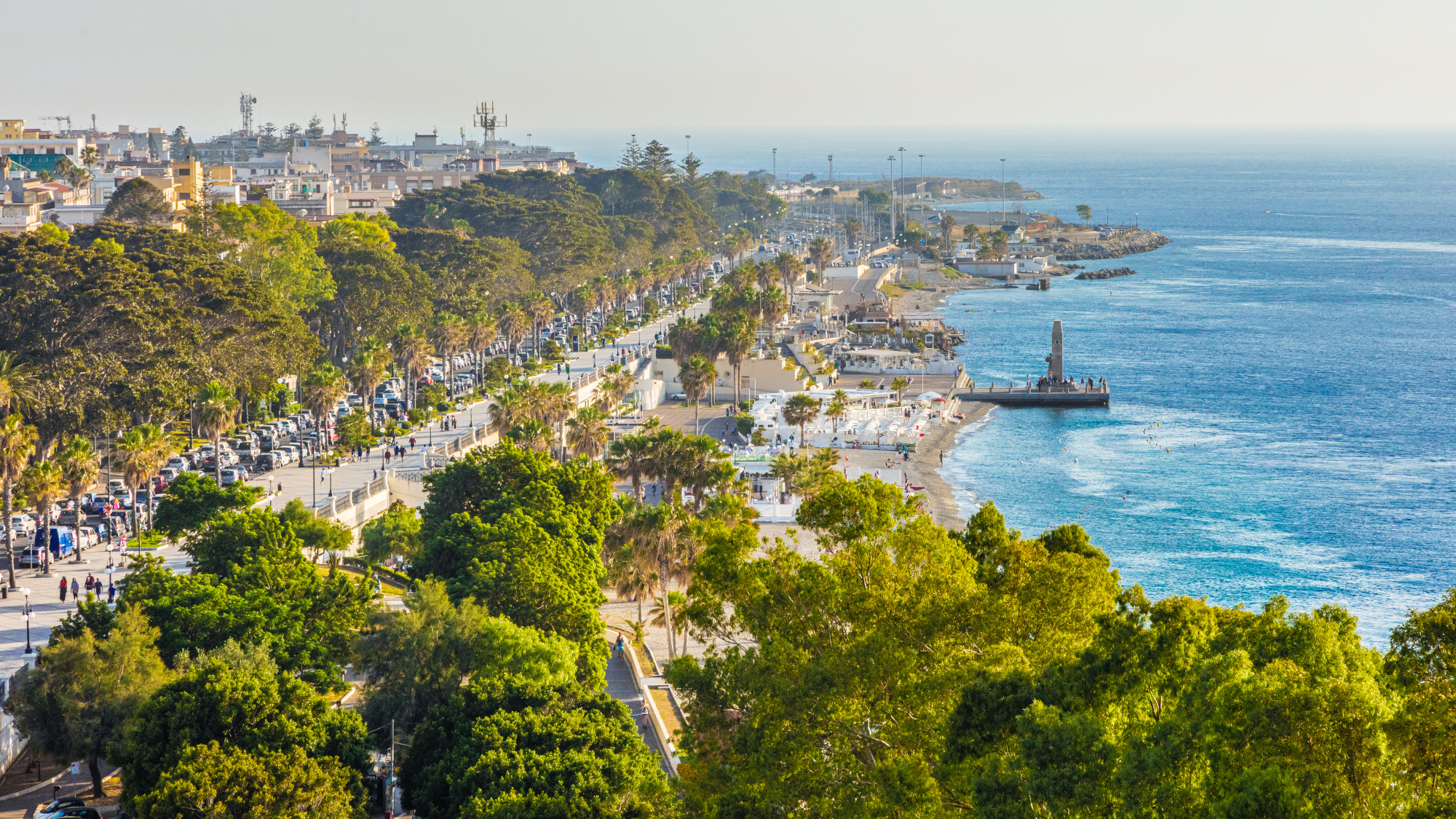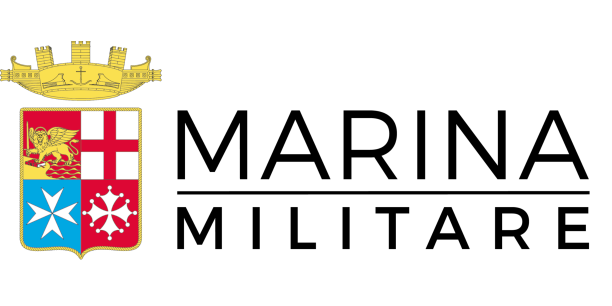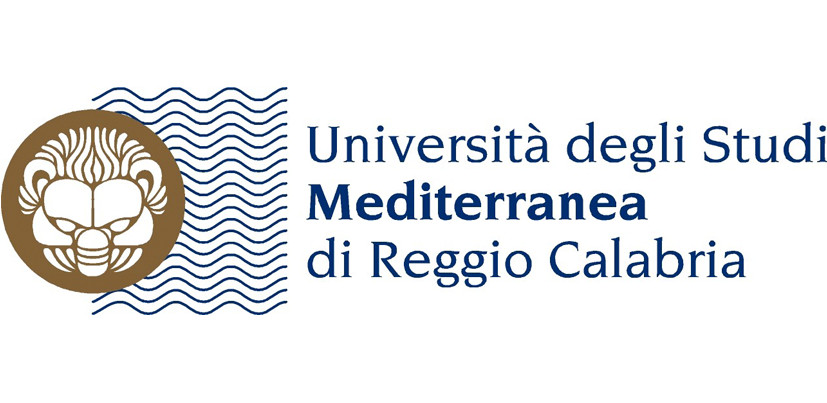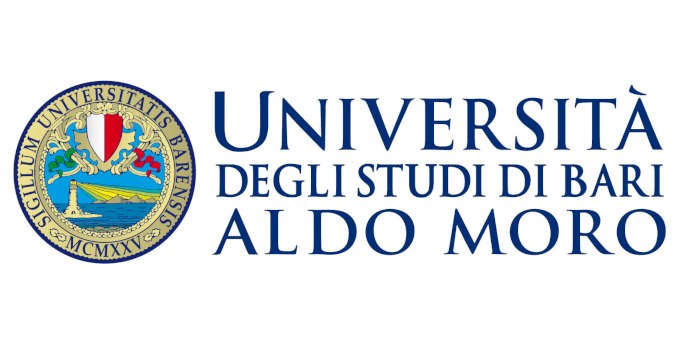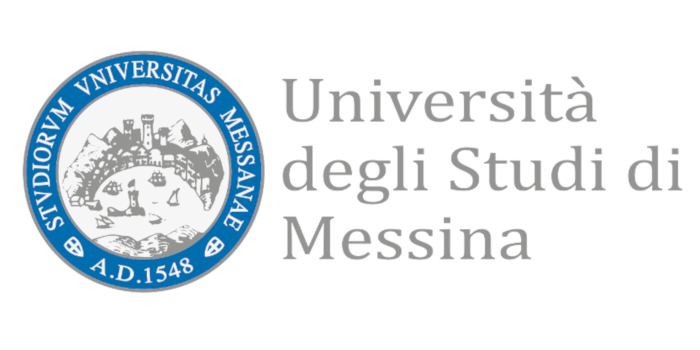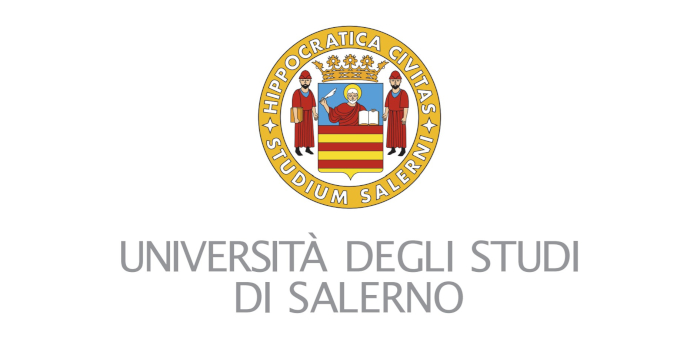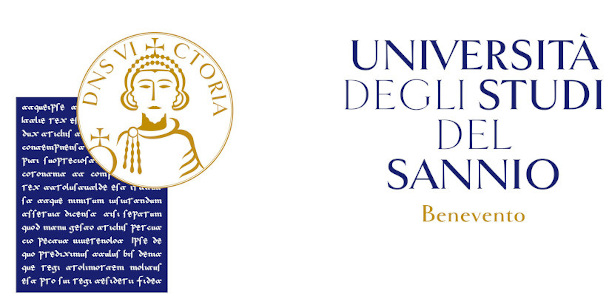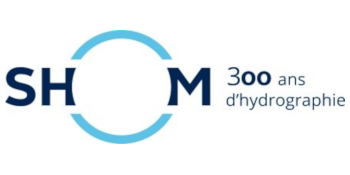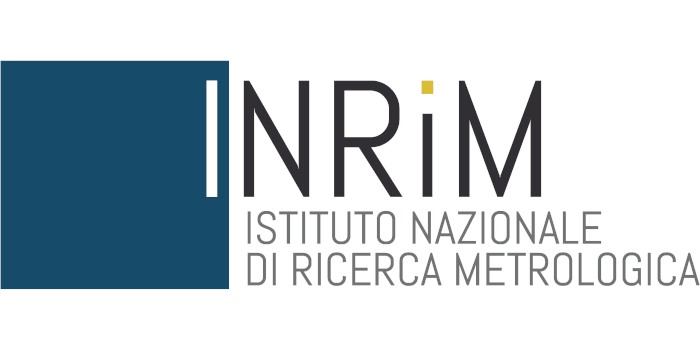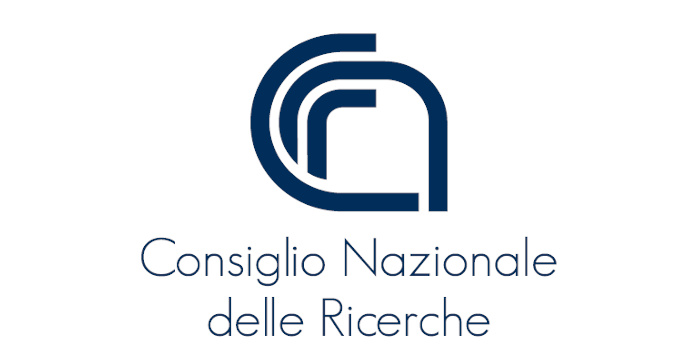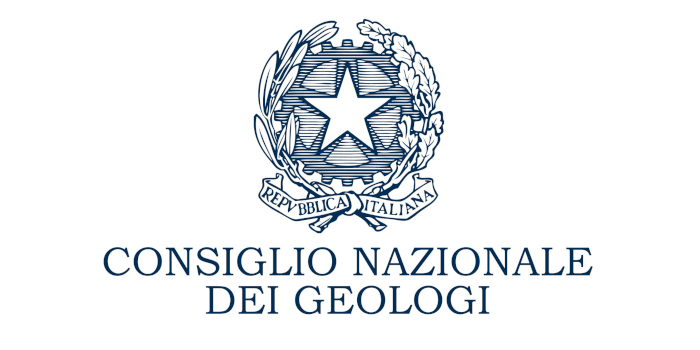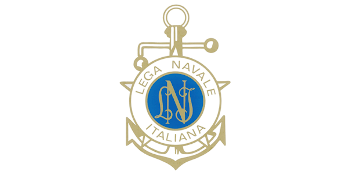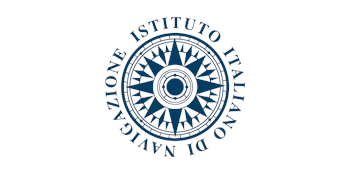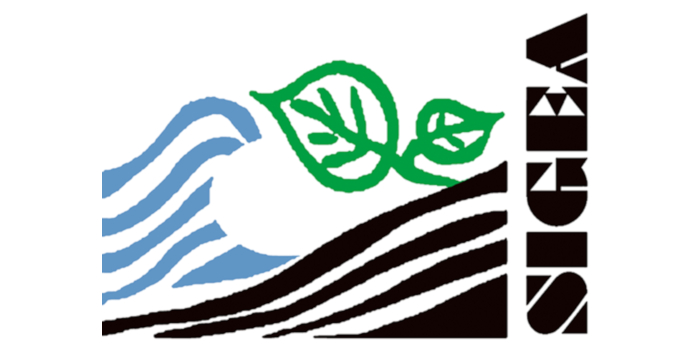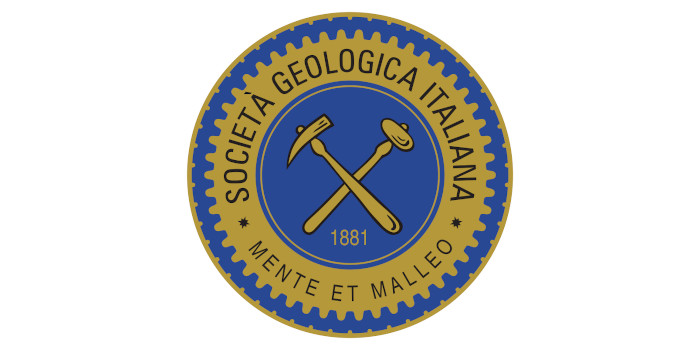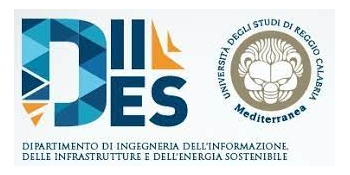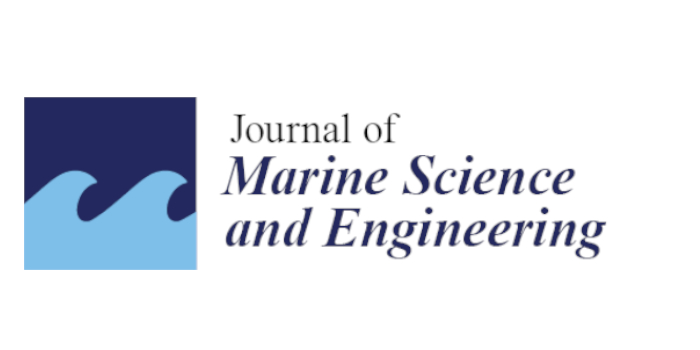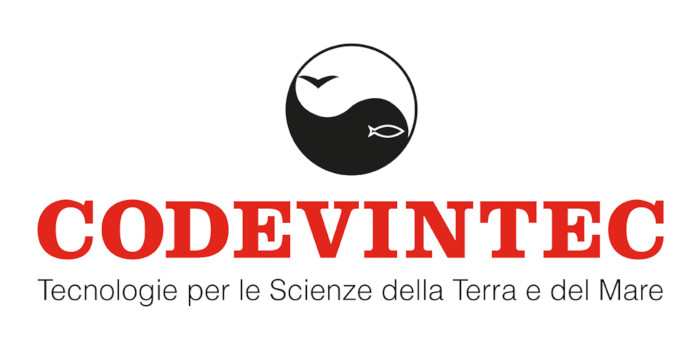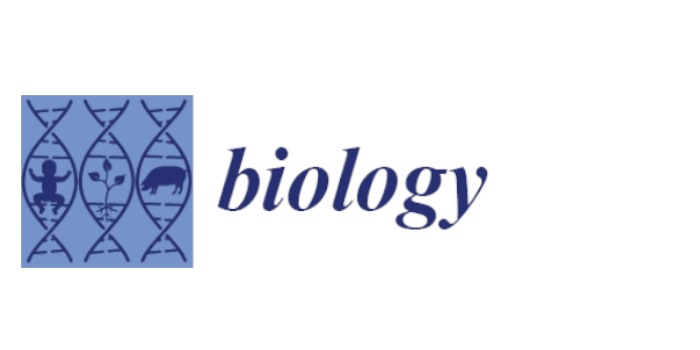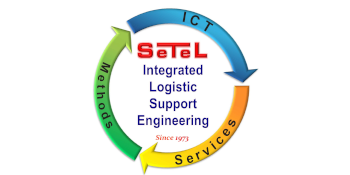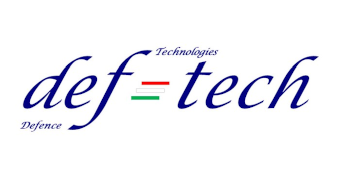Benthic MetroSea: Measuring living organisms for the exploration and the monitoring of marine habitats
ORGANIZED BY

Giovanni Chimienti
Università degli Studi di Bari Aldo Moro
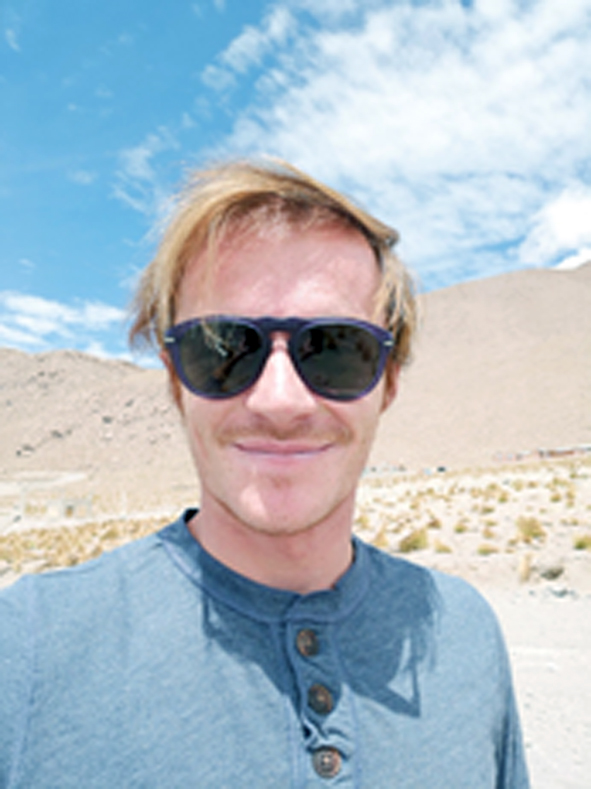
Alessandro Cau
Università degli Studi di Cagliari
ABSTRACT
The Benthos is the community of organisms that live on, in, or near the seabed. Many benthic organisms can create habitats of great ecological and economic importance, such as seagrass meadows, rhodolith beds, coralligenous bioconstructions and coral forests. The study of benthic organisms can provide countless information about marine communities, encompassing ecosystem goods and services, vulnerable marine ecosystems, essential fish habitats and impacts (e.g. fishery, pollution, climate changes). This session aims to collect contributions concerning living benthic organisms, from euphotic Posidonia oceanica meadows to the unseen mesophotic and aphotic depths. Measuring the benthic life is still providing critical information supporting studies investigating both the taxonomy and the ecology of the species. Exploration and monitoring are the first two actions toward habitat protection.
ABOUT THE ORGANIZERS
Giovanni Chimienti held his PhD in Evolutionary and Environmental Sciences during 2016 and is currently Researcher in Zoology at the Department of Biology, University of Bari. He is also part of the IUCN World Commission on Protected Areas, consultant for FAO and National Geographic Explorer. His main scientific research is about corals and benthic environments, with particular focus on mesophotic and deep ones. Chimienti’s studies concern coral taxonomy (Order Antipatharia, Alcyonacea and Pennatulacea), biodiversity and population structure of benthic habitats. He uses submersibles and remotely operated vehicles for deep-sea explorations, as well as data collected during fishing operations. Moreover, he is developing non-invasive models to assess population structure and dynamics in vulnerable coral species using visual methods.
Alessandro Cau held his phD in Marine Ecology in 2015. He’s currently Assistant Professor of Marine Ecology at Laboratory of Marine Biology and Ecology (LABEM), University of Cagliari and scientific consultant c/o FAO. His research objectives are to identify by means of non-invasive techniques (ROV surveys) ecological processes occurring in coral forests dwelling in deep sea habitats, understanding their potential role as nursery or spawning grounds, like their terrestrial counterparts. Also, he studies and quantifies the fate of anthropogenic litter in the marine environment and its ecological implications for organisms dwelling in (apparently) secluded environments such as deep-sea habitats.
